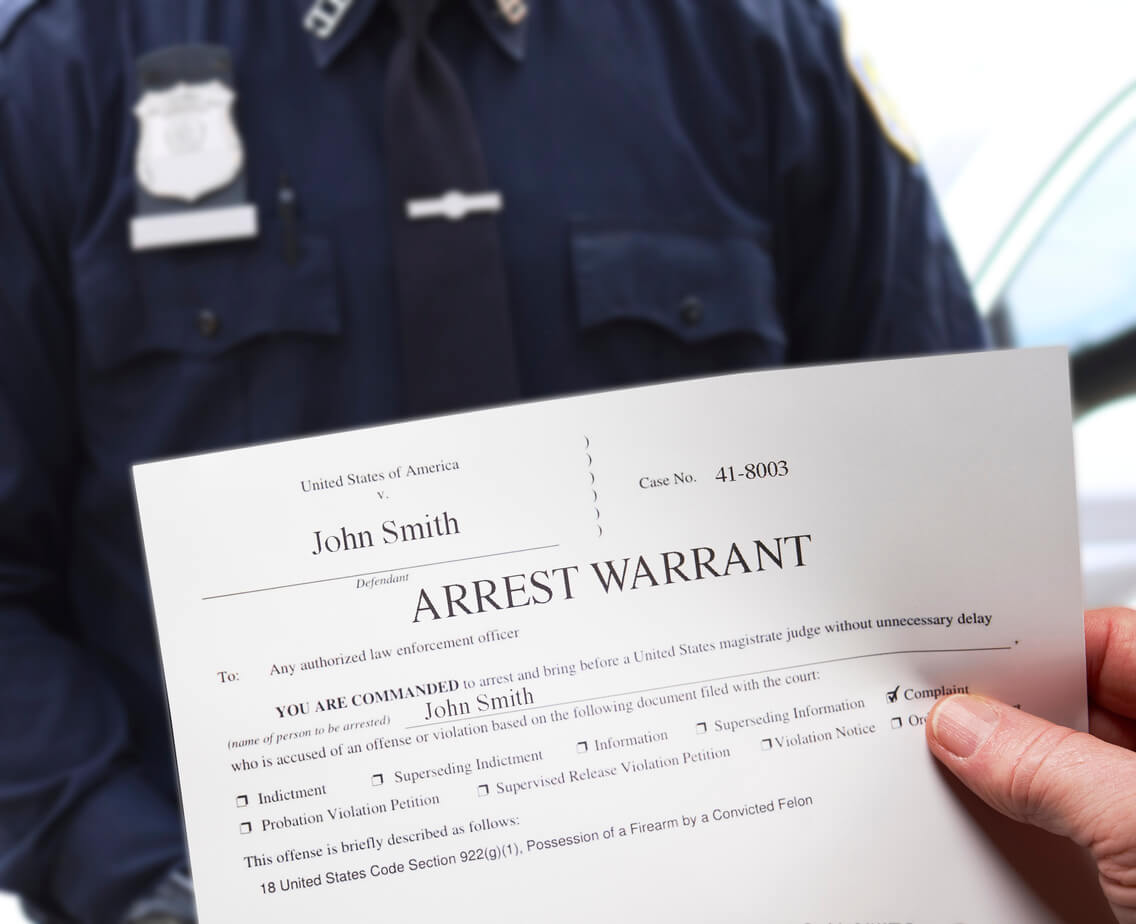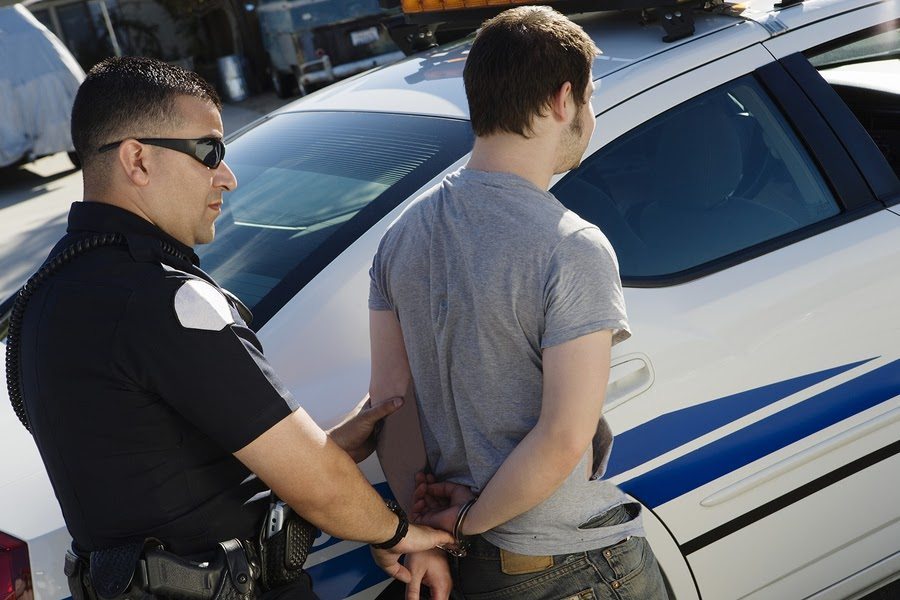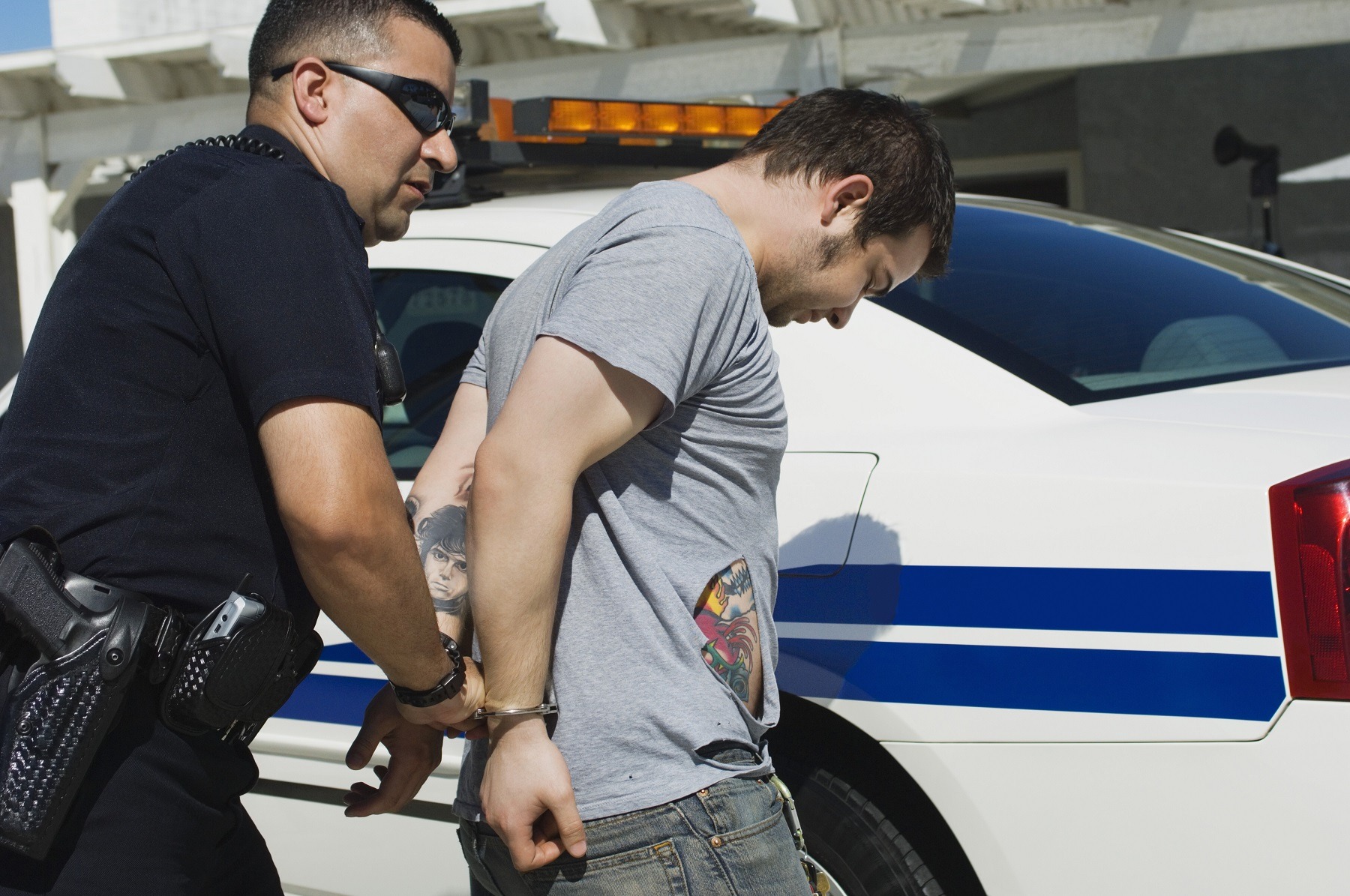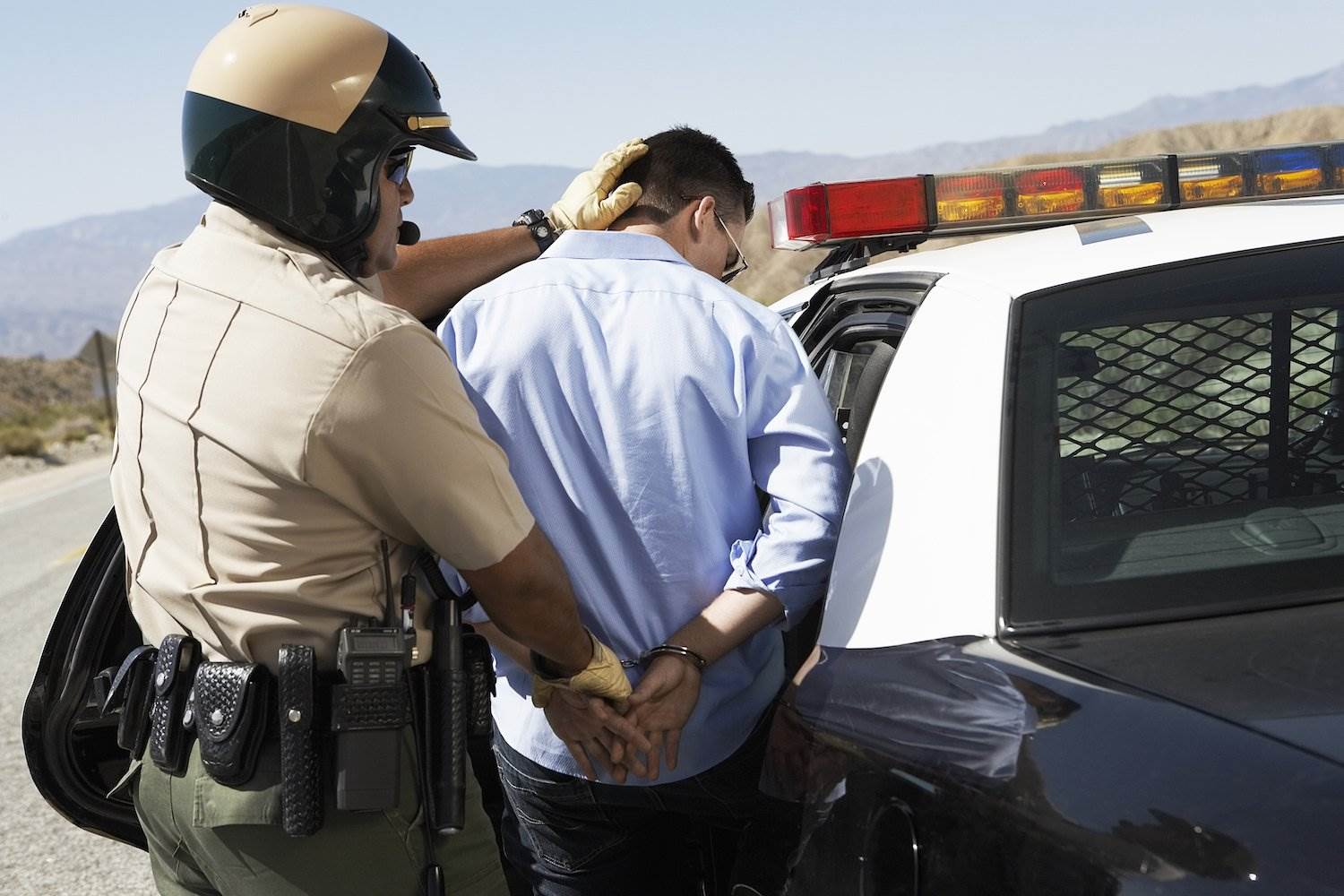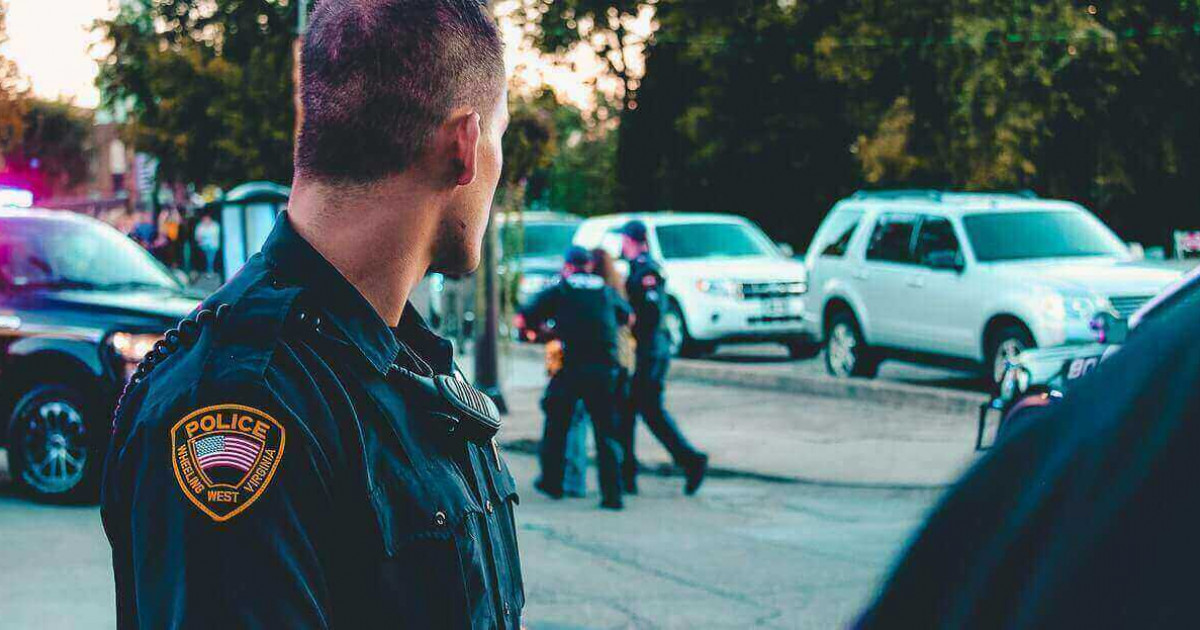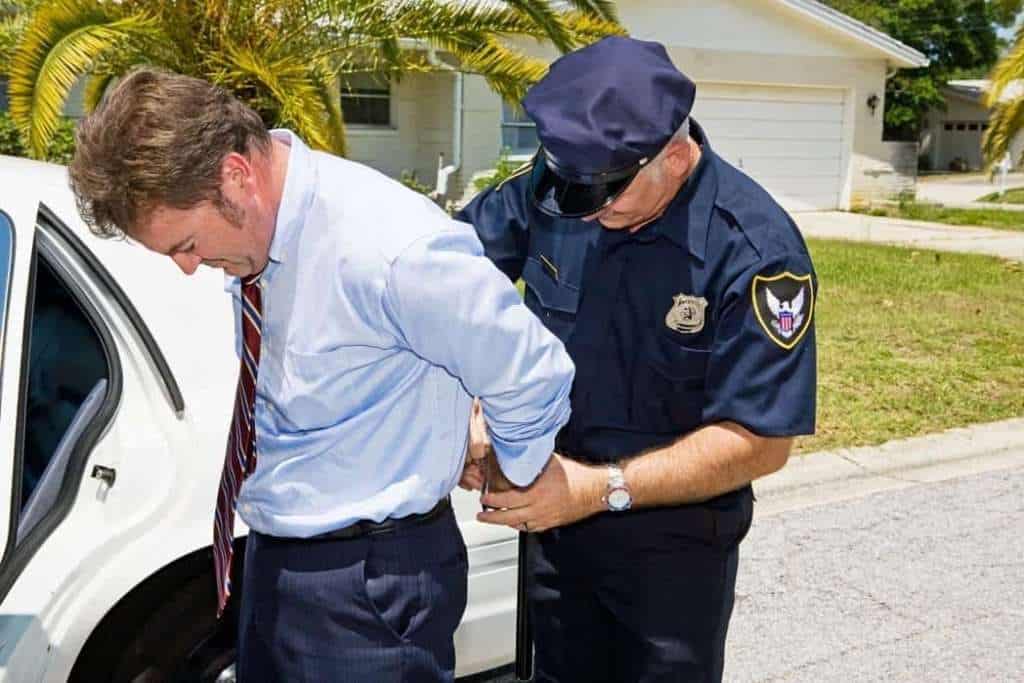Does Arresting Officer Have To Appear In Court - There is a reason why the. A defendant's first appearance in court is their arraignment, where they enter a guilty,. The police officer does not have to be in court for every court date leading up to trial. An officer’s obligation to appear in court for a dui case stems from the sixth amendment of the u.s. Generally the officer is only required to appear in court for trial or for a motion hearing where he would have to offer. We will analyze the impact of an officer’s absence on case outcomes and the defendant’s rights to a fair trial. The role of the arresting officer in a criminal trial is indeed a significant one, but don't be intimidated. However, in order for the prosecutor to attempt. The answer, as in many areas of law, is that it depends.
We will analyze the impact of an officer’s absence on case outcomes and the defendant’s rights to a fair trial. However, in order for the prosecutor to attempt. Generally the officer is only required to appear in court for trial or for a motion hearing where he would have to offer. There is a reason why the. The police officer does not have to be in court for every court date leading up to trial. A defendant's first appearance in court is their arraignment, where they enter a guilty,. The role of the arresting officer in a criminal trial is indeed a significant one, but don't be intimidated. An officer’s obligation to appear in court for a dui case stems from the sixth amendment of the u.s. The answer, as in many areas of law, is that it depends.
The police officer does not have to be in court for every court date leading up to trial. A defendant's first appearance in court is their arraignment, where they enter a guilty,. The role of the arresting officer in a criminal trial is indeed a significant one, but don't be intimidated. An officer’s obligation to appear in court for a dui case stems from the sixth amendment of the u.s. The answer, as in many areas of law, is that it depends. There is a reason why the. Generally the officer is only required to appear in court for trial or for a motion hearing where he would have to offer. We will analyze the impact of an officer’s absence on case outcomes and the defendant’s rights to a fair trial. However, in order for the prosecutor to attempt.
Ask the Attorney What Happens After an Arrest Warrant is Issued?
We will analyze the impact of an officer’s absence on case outcomes and the defendant’s rights to a fair trial. Generally the officer is only required to appear in court for trial or for a motion hearing where he would have to offer. A defendant's first appearance in court is their arraignment, where they enter a guilty,. The police officer.
In NJ, Do the Police Have to Tell You Why They Are Arresting You?
The police officer does not have to be in court for every court date leading up to trial. However, in order for the prosecutor to attempt. We will analyze the impact of an officer’s absence on case outcomes and the defendant’s rights to a fair trial. The answer, as in many areas of law, is that it depends. An officer’s.
Have you received a Notice to Appear in Court form? Traffic and
The answer, as in many areas of law, is that it depends. We will analyze the impact of an officer’s absence on case outcomes and the defendant’s rights to a fair trial. The role of the arresting officer in a criminal trial is indeed a significant one, but don't be intimidated. However, in order for the prosecutor to attempt. The.
Unraveling The Mystery Of Arrestwd A Deep Dive
Generally the officer is only required to appear in court for trial or for a motion hearing where he would have to offer. A defendant's first appearance in court is their arraignment, where they enter a guilty,. The role of the arresting officer in a criminal trial is indeed a significant one, but don't be intimidated. There is a reason.
Key Factors in Arrest Trends and Differences in California’s Counties
There is a reason why the. The answer, as in many areas of law, is that it depends. An officer’s obligation to appear in court for a dui case stems from the sixth amendment of the u.s. The role of the arresting officer in a criminal trial is indeed a significant one, but don't be intimidated. A defendant's first appearance.
Arrested in Colorado? A defense lawyer explains the next steps
The answer, as in many areas of law, is that it depends. The role of the arresting officer in a criminal trial is indeed a significant one, but don't be intimidated. The police officer does not have to be in court for every court date leading up to trial. We will analyze the impact of an officer’s absence on case.
Police Officer Arresting People
The role of the arresting officer in a criminal trial is indeed a significant one, but don't be intimidated. An officer’s obligation to appear in court for a dui case stems from the sixth amendment of the u.s. There is a reason why the. The answer, as in many areas of law, is that it depends. A defendant's first appearance.
Miranda Rights What Is The Miranda Warning And How It Works Forbes
We will analyze the impact of an officer’s absence on case outcomes and the defendant’s rights to a fair trial. The police officer does not have to be in court for every court date leading up to trial. The answer, as in many areas of law, is that it depends. Generally the officer is only required to appear in court.
What does the Probation and Parole Officer do?
The police officer does not have to be in court for every court date leading up to trial. We will analyze the impact of an officer’s absence on case outcomes and the defendant’s rights to a fair trial. However, in order for the prosecutor to attempt. The role of the arresting officer in a criminal trial is indeed a significant.
When Can a Policeman Arrest You? Law Firm in Philippines Corporate
However, in order for the prosecutor to attempt. We will analyze the impact of an officer’s absence on case outcomes and the defendant’s rights to a fair trial. The answer, as in many areas of law, is that it depends. A defendant's first appearance in court is their arraignment, where they enter a guilty,. There is a reason why the.
Generally The Officer Is Only Required To Appear In Court For Trial Or For A Motion Hearing Where He Would Have To Offer.
An officer’s obligation to appear in court for a dui case stems from the sixth amendment of the u.s. There is a reason why the. However, in order for the prosecutor to attempt. A defendant's first appearance in court is their arraignment, where they enter a guilty,.
The Police Officer Does Not Have To Be In Court For Every Court Date Leading Up To Trial.
The role of the arresting officer in a criminal trial is indeed a significant one, but don't be intimidated. We will analyze the impact of an officer’s absence on case outcomes and the defendant’s rights to a fair trial. The answer, as in many areas of law, is that it depends.
